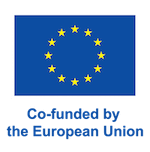Breast Cancer: a lifelong journey
It is estimated that 1 in 8 women will be diagnosed with breast cancer in their lifetime. Not so long ago, this diagnosis was often associated with death. But the tide has turned in the Global North, and innovations in healthcare and early detection are expected to continue to reduce mortality rates. The earlier cancer is diagnosed, the better the chances of survival.
But surviving is not the same as actually living. Several studies have shown that surgical morbidity is a common complication of breast cancer treatment. In fact, up to 70% of patients have been reported to have postoperative breast cancer sequelae, including axillary girdle syndrome, pain, lymphangitis, fatigue, cognitive, physical, social and emotional impairment.
During Breast Cancer Awareness Month, eCAN’s partners and collaborators would like to highlight the need to improve the quality of life of breast cancer patients. Indeed, eCAN is committed to improving their lives by highlighting the vital role of rehabilitation in their recovery process.
Cancer research has shown that physical activity helps patients regain strength and mobility. According to recent publications, exercise is an effective strategy that positively affects breast cancer survivors’ quality of life, cardiorespiratory fitness, and body composition. Healthcare professionals are encouraged to promote the uptake of exercise.
Survivors may also experience social and emotional sequelae. In this sense, physical rehabilitation also boosts their confidence and mental well-being. Healthcare professionals and researchers agree that emotional support and counselling are equally important on the journey to recovery.
The vital role of rehabilitation
The World Health Organisation (WHO) also recognises the impact of rehabilitation and defines it as “the use of all means to reduce the effects of disabling and handicapping conditions and to enable people with disabilities to achieve optimal social integration”.
Despite the recognition of the role of rehabilitation for patients, “the needs of this population of cancer patients are still underestimated and undertreated,” says Vittorio Castaldo, one of the researchers involved in the eCAN pilots. For this reason, this project aims to highlight and incorporate telemedicine tools that can facilitate the assessment of motor and sensory deficits and enable remote training and education of patients.
The study will use patient-reported outcome measures (PROMs) and experiences (PREMs) to explore how telemonitoring and teleconsultation can improve the physical and psychological rehabilitation processes of these cancer patients. It is expected to enrol 354 patients with breast, head and neck and advanced cancers from 18 cancer centres and ten different EU countries.
References:
Joaquim A, Leão I, Antunes P, Capela A, Viamonte S, Alves AJ, Helguero LA and Macedo A (2022) Impact of physical exercise programs in breast cancer survivors on healthrelated quality of life, physical fitness, and body composition: Evidence from systematic reviews and meta-analyses. Front. Oncol. 12:955505. doi: 10.3389/fonc.2022.955505
![]() Co-funded by the European Union. Views and opinions expressed are however those of the author(s) only and do not necessarily reflect those of the European Union or HaDEA. Neither the European Union nor the granting authority can be held responsible for them.
Co-funded by the European Union. Views and opinions expressed are however those of the author(s) only and do not necessarily reflect those of the European Union or HaDEA. Neither the European Union nor the granting authority can be held responsible for them.



 Pexels (Thirdman)
Pexels (Thirdman) The Photo Project
The Photo Project